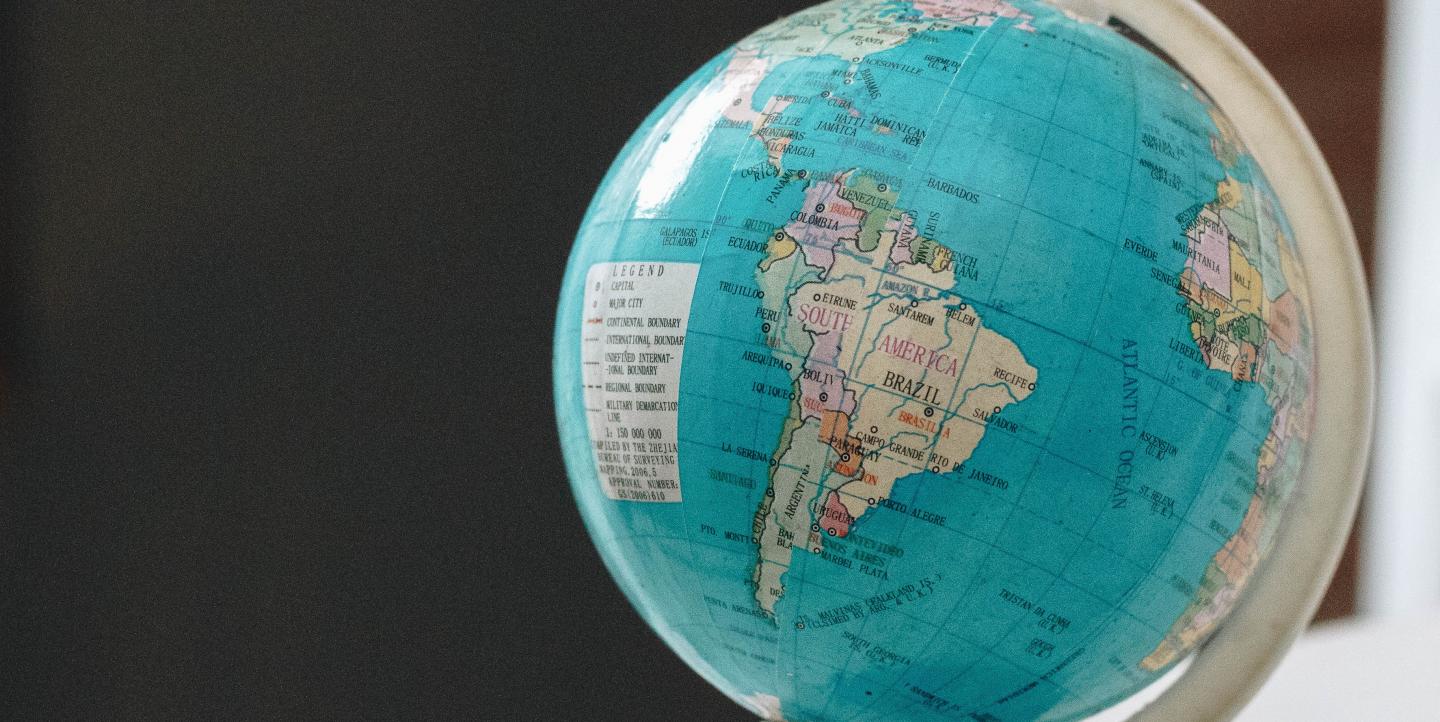Fifty years ago, on June 17, U.S. president Richard Nixon asked Congress to approve funding for drug abuse prevention and control. From the White House, he labeled drugs as “public enemy number one” for the country. He declared a “war on drugs” — one that wasn’t limited to the country he was governing. In order to “defeat this enemy,” he said, there was a need for a worldwide offensive.
Latin America suffered some of the most severe effects of that global policy. Now, a half century to the day after that offensive was announced, a team of journalists in the region have joined together to launch the collaborative project, Una guerra adictiva, or “An Addictive War” through which they aim to expose the failures of the approach and the devastating consequences felt in countries like Mexico, Colombia and Brazil.
This is how Andrés Bermúdez from Centro Latinoamericano de Investigación Periodística, one of the alliance’s members, puts it: “For us, this anniversary was an opportunity to tell these stories about a policy that has been neither flexible nor self-critical, and has also had many negative consequences in our countries.”
Una guerra adictiva gathers nine organizations that cover Latin America: the regional initiatives, Centro Latinoamericano de Investigación Periodística, Dromómanos and OCCRP, Mexico’s El Universal and Quinto Elemento - Laboratorio de Investigación Periodística, El Salvador’s El Faro, Peru’s IDL - Reporteros, Colombia’s 070 and Brazil’s Ponte Jornalismo. Through collaboration, the alliance is equipped to report stories that cover most of the region, something that one organization would not be able to do alone.
The project has published two stories to date. The first focuses on Colombia’s decision to fumigate crops as its primary strategy to stem the exporting of cocaine to the U.S. This, “instead of offering rural communities an alternative option” for their development, Bermúdez said.
The second, by Ponte Jornalismo, sheds light on the impact of Brazil’s anti-drug legislation which, the outlet argues, led to massive incarceration that targeted mostly young, Black people. The alliance plans to publish stories like these every month. Each country after all, Bermúdez said, has its own relevant topics to explore and its “paradoxes” caused by this war.
[Read more: Collaborative reporting project in Brazil investigates education issues during COVID-19]
The Washington Post’s Spanish-language opinion section, Post Opinión, took notice of this coverage and decided to ask some of these journalists to write opinion columns for it. “Una guerra fallida,” the U.S. outlet called its special project on this anniversary. A lost cause.
Mael Vallejo, editor of Post Opinión, told IJNet that it was an opportunity to “help amplify local efforts.” Despite their high-quality journalism, many of the outlets in the alliance do not always have access to a large audience.
Among its references to Una guerra adictiva, Post Opinión published a column by Fausto Salvadori, co-founder of Ponte, explaining “Brazil’s racist wave of mass incarceration,” a piece on “Colombia’s toxic battle against crops” and a third on Mexico’s militarization.
Una guerra fallida didn’t seek just to expand the reach of reporting about the war on drugs. Vallejo said that the added exposure allowed authors from the region to show readers from outside Latin America — especially in the U.S. — how their countries had lived through and experienced this war. “We wanted these voices from Latin America to be read,” he explained.
[Read more: These five reporting initiatives in Latin America are changing their communities]
Salvadori thinks the regional alliance can “unveil views and stories about the war on drugs that are unknown to most people.” The most important impact this work can have, he added, is for these stories to become known by policy-makers in each country, and in turn help “change the reality of a war that, for 50 years, has brought nothing but suffering to Latin America.”
“It's becoming clear for a growing number of people that approaching the use and selling of certain substances as a crime has been one of the biggest mistakes in history, because it didn’t help anyone who abuses those substances and was only good at empowering States to kill and imprison its poor, Indigenous and Black people, and creating large crime groups,” Salvadori said.
Journalism can play an important role today in exposing the real consequences of the war on drugs, he added, which, “are much worse than the drugs themselves.”
Photo by Isabela Kronemberger on Unsplash.


